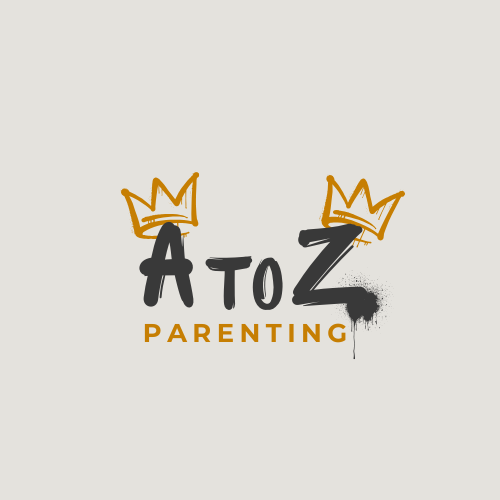Ever had someone say something to you that made you stop in your tracks, re-evaluate everything, and wonder how you never saw it before?
I was speaking with a friend and mentioned something I genuinely admired about him. His reaction was absolute shock. It was like I had told him he had been living with a winning lottery ticket in his pocket and never knew it. He had no idea this quality existed in him, because no one had ever told him.
The World Rarely Reflects the Truth Back to Us
The world is quick to point out our flaws but slow to recognize our strengths. We face a great deal of criticism and very little encouragement, which shapes our internal beliefs about who we are. We often think that if something positive were true about us, someone would have pointed it out by now. Our self-image suffers even more if we grew up in a home where our strengths weren’t acknowledged, leaving us to question our value in the eyes of others and ourselves.
It leaves you wondering: “Do I have value?” “Is there anything good in me?”
The Missing Mirror in Childhood
Think back to your childhood. Did your parents ever truly see you? Not the surface-level compliments like “Good job on that test” or “You’re great at tennis,” but the deeper truth of who you are? Did they say, “You’re tough, you stand by what you believe,” or “Your curiosity is your strength,” Or did they avoid those conversations? Maybe they even rejected the parts of you that made them uncomfortable, your independence, curiosity, and sensitivity, labeling them as problems instead of strengths.
Most parents don’t do this intentionally. They don’t know themselves, so they don’t know how to reflect the truth back to their children. Instead, because of unresolved trauma, they shape you into what’s convenient for them. If your natural traits didn’t fit their expectations, they ignored or suppressed them. If no one ever affirmed those qualities in you, you grew up thinking they weren’t there at all. We’re all shaped by the stories our parents tell us about who we are. The problem is, many of those stories are incomplete, and we spend a lifetime chasing someone else’s version of us.
What You Think Is a Weakness Might Be Your Greatest Strength
Most of what you think is “wrong” with you isn’t wrong at all. It’s just unrecognized strength. If you were told you were “too sensitive,” maybe you’re deeply empathetic. If you were told you were “too intense,” maybe you have an incredible passion and drive. The problem isn’t you; it’s that no one has helped you understand what these qualities actually mean.
When we grow up with people who don’t know how to see and listen to us, we absorb their confusion as our own. We walk through life feeling defective when, in reality, we’re just carrying other people’s insecurities.
When Trauma Responses Get Labeled as Virtues
Then there’s the world’s twisted reward system. If you learn to stay quiet and not cause trouble, people call you “mature.” If you tolerate mistreatment, they praise you for being “forgiving.” If you suppress your needs to keep everyone else happy, they say you’re “selfless.” But what’s really happening? You’re not growing, you’re coping. You’re adapting to dysfunction in a way that makes life easier for others while erasing yourself in the process.
This is how we enter adulthood with a false sense of self. We think we’re making choices, but we’re really just reacting to programming that was forced on us. We live out patterns designed for survival, not for thriving.
So How Do You Reclaim Yourself?
It starts with honesty. Stop sugarcoating the past and stop downplaying how your upbringing shaped you. You have to go back, piece together the story, and tell the real truth, not the one you’ve been repeating to make sense of it all.
The truth isn’t something you find, it’s something you choose to see.
You have to consider that the very things you’ve struggled with might be the keys to your strength. That your “flaws” aren’t flaws at all, but talents that were never encouraged. Once you see them for what they really are, you can start owning them instead of apologizing for them.
You Need to Recognize Yourself
The biggest lie we’re sold is that we need to “find” ourselves, like we’re lost somewhere out in the world. But self-discovery isn’t about escaping to another country or chasing some mystical experience. It’s about recognizing who you’ve always been under the layers of conditioning. It’s about shining light on the truth that has quietly existed within us all along, waiting to be revealed and welcomed.
The world isn’t going to do this for you. People are too distracted and wrapped up in their own stories to hand you the truth about yourself. So stop waiting. Start looking and pay attention to what has always been there.
Once you truly understand who you are, everything changes. You’re no longer guessing and worrying. You’re no longer trying to survive. You’re finally living as the person you were always meant to be.



